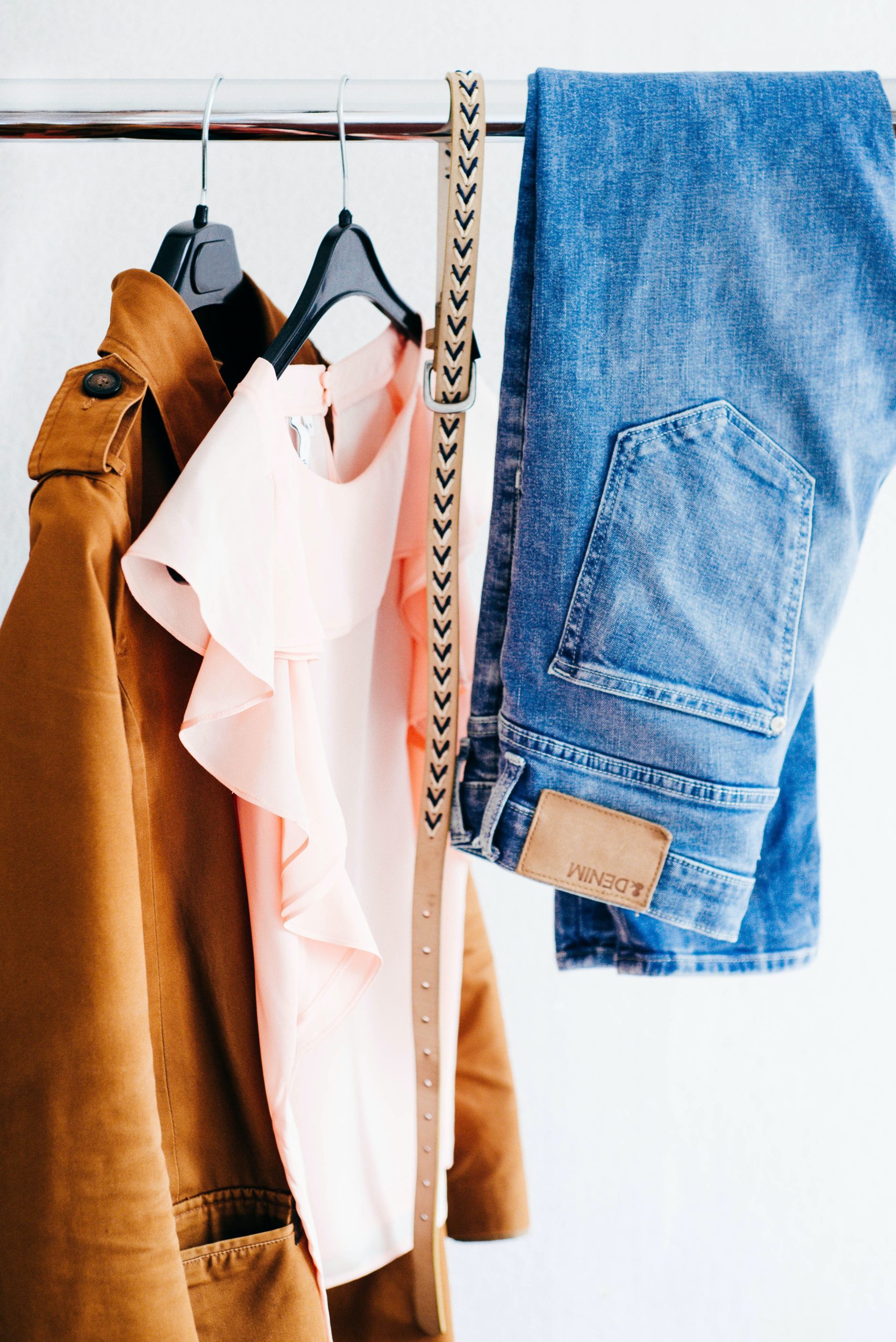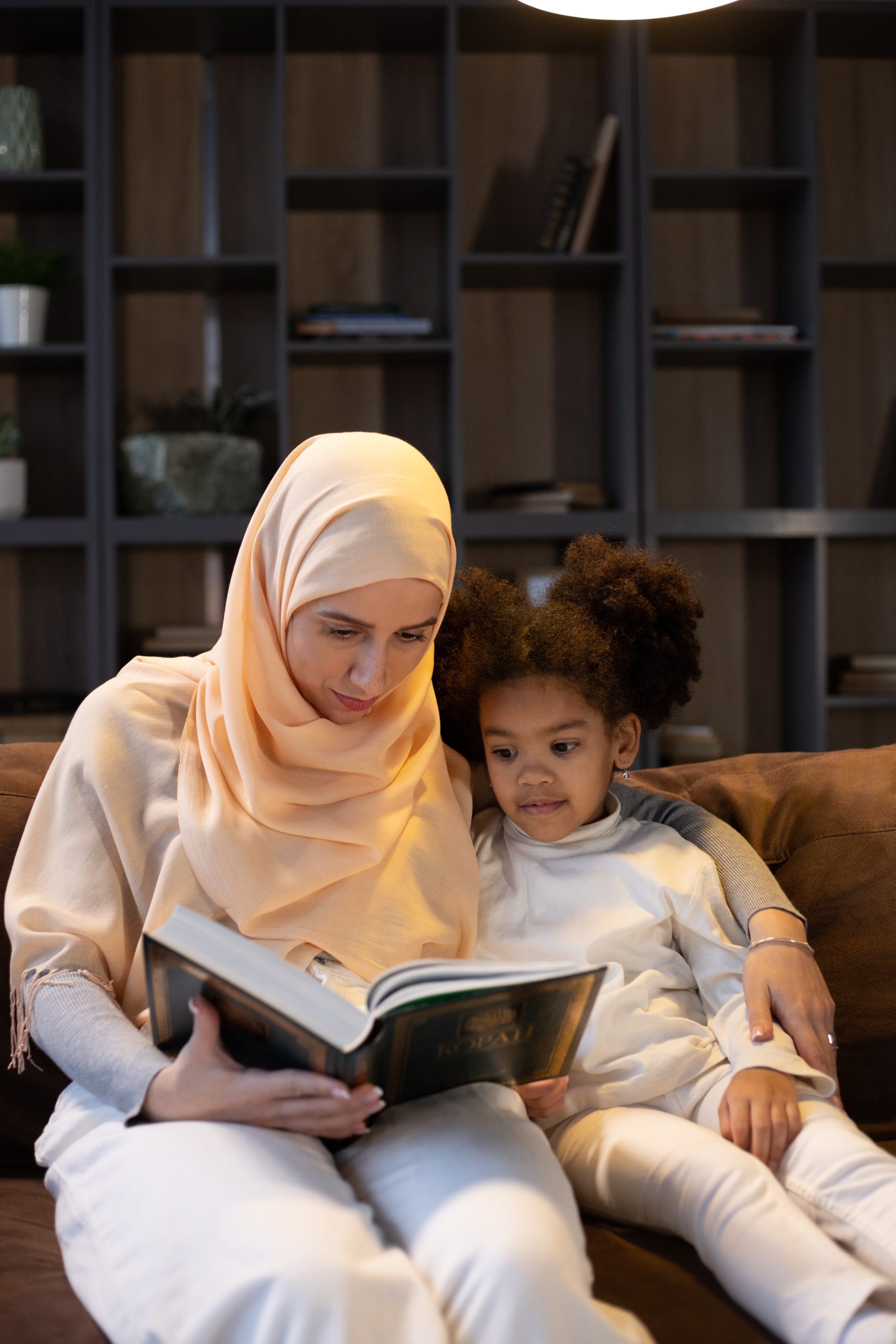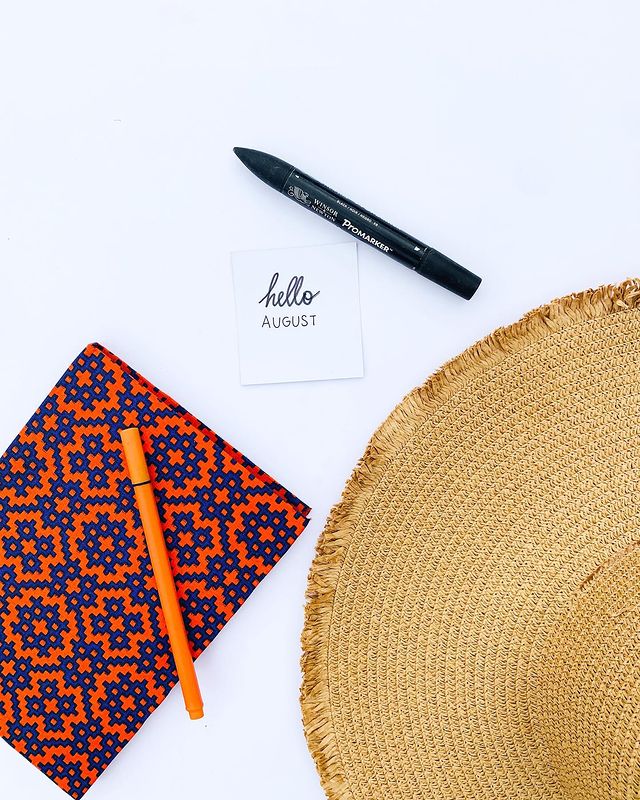“The Feature” highlights the works of Muslim women who are either doing amazing things in their communities, running successful businesses or organising events. In this instalment, we put the spotlight on Mariam Eluma, the founder of Hobeei, a tech startup tackling consumption inequality in Nigeria.
All over the world, people are becoming more concerned with tackling consumption inequality and reducing waste. This concern gave birth to the freecycling movement; a simple, emotionally rewarding and morally sound practice that can literally help save the Earth. To solve the problem of climate change, people are passing along, for free, unwanted items to other people who need them. This practice frees up space in landfills and cuts down on the need to manufacture new goods.
Until recently, the freecycling movement was unheard of in Nigeria. We, however, came across a resourceful young woman, Mariam Eluma, who founded a tech startup under the brand name, Hobeei, aimed at tackling consumption inequality in the country.
Mariam Eluma is also a member of the Youth Advisory board of Earth Tech, a global social enterprise that helps young entrepreneurs have an exponential impact on humanity and our planet.
“We found out that there are people who can’t afford what others no longer use,” says Mariam “We have seen this happen with shoes, bags and even furniture. So Hobeei is solving this problem by providing a platform that connects people with unwanted items to those who need them.”
To learn more about how Hobeei works, TMWT had a chat with Mariam Eluma and here’s what she had to say:
TMWT: How did you come about the word “Hobeei”? What does it mean?
Mariam Eluma: HoBeei was coined from the phrase, “Honey Bee Initiative“. The name was inspired by one of Khalil Gibran’s poems on how observing the pollination process between a Bee and a Flower drives us to learn the pleasurable act of giving and receiving. HoBeei tries to emulate this process.

TMWT: You created Hobeei as a grassroots and entirely nonprofit movement for the purpose of tackling consumption inequality in Nigeria. Can you explain what the freecycling initiative is all about?
Mariam Eluma: HoBeei is a tech startup that developed a platform in 2019 to reward people for decluttering their space and freecycling their preowned/unwanted items with others. In Nigeria, we observed there was a problem of waste where people hoard items they no longer use and end up disposing of these items wrongly. In this unprecedented time of economic recession, a lot of people’s livelihoods have been affected by the pandemic which has resulted in job losses and salary reductions. Consequently many no longer have the disposable income to afford things they would need to maintain their standard of living.
HoBeei addresses this problem by helping people spend less and save more by incentivizing them to reuse other’s preowned items which in turn benefits our environment.
TMWT: How aware do you think Nigerians are of the option of freecycling as an alternative to excessive consumption and wastage?
Mariam Eluma: Nigerians already practice the habit of “Giving away” items they no longer use to friends, family, charities. There is already that awareness of letting go of excesses, even though it needs to be done by more people. Unfortunately, this activity tends to be seen as the most charitable. However, Freecycling implies that as much as you are open to giving others your preowned items, you are also willing to accept preowned items from others and don’t see it beneath you to do so. Freecycling is an act of sustainable conscious living, and it challenges the concept that the act of giving is only a Top-to-bottom activity done between the haves and the have nots, but can be done by people within the same class as well.
TMWT: What does it take to become a Member of the Hobeei Community?
Mariam Eluma: You automatically become a part of the HoBeei community when you create an account! When you sign up, you get free 1,500 BZS to start getting items you need from others. BZS, also pronounced “Buzzes” are HoBeei’s virtual tokens that people use to bid for items they need from others. So the highest buzzer gets the items and those who did not win get their buzzes back to try for other items. Buzzes can either be purchased or gotten for free when users sign up and invite friends. So far, less than N500,000 worth of buzzes have been used to obtain over N5Million worth of items! We have helped people save a lot of money obtaining items they would have spent a lot of money to buy!
TMWT: What would you say the role of freecycling in the climate crisis is?
Mariam Eluma: Freecycling has to do with Reuse, which is considered even more desirable than recycling because it deals with fewer resources. This is especially the case for industries like the Fashion and Tech industries that have products with short trend spans, environmentally harmful production processes, and are often difficult to Recycle. When more people are freecycling their items and others are reusing them, it reduces the demand and production for new products which forces these industries to look for more environmentally friendly manufacturing processes and makes them more active in their Extended Producer Responsibilities when it comes to handling how customers dispose their products.
“The aim is to help people reduce spending and improve savings while encouraging reuse which benefits the environment” – Mariam Eluma

TMWT: What will it take to stabilize this freecycling programme in Nigeria, and who gets to define success?
Mariam Eluma: When you Freecycle, you automatically become a part of the Circular Economy, where someone’s output becomes your input and vice versa. This means having a stabilized circular economy requires several initiatives such as Upcycling, Freecycling, Recycling etc to be appreciated and widely adopted as a standard. This would require the efforts of all stakeholders, from the government to the private organizations, and even individuals to be involved. As for who gets to define what Success means, it depends on the actors participating in the circular economy because different actors have different goals, are dealing with different resources, different target audience etc
TMWT: What challenges would you say you’re facing at the moment?
Mariam Eluma: I like to refer to them as Learning Points. The first challenge that comes to mind is people finding it difficult to spare time to declutter their space and upload items. Despite offering options to pick up these items and upload on their behalf, some simply do not want to let go of the items for sentimental reasons. So we have a lot of work to do in creating awareness of how hoarding unwanted items affect their livelihood and their environment in the long run.
Another major challenge, which I mentioned earlier, is people conflating the Freecycling activity as a Charity act. We’ve seen cases where people claimed freecycling was not for them because they did not want to feel like “charity cases” but then in the next instant, you see them complaining about the obtain. Some have items they no longer use but feel they are too good to be freecycled yet they are opposed to selling them. So they hold onto these items for years until they have lost good value before they think of releasing them.
TMWT: How do you ensure that these items get to the people who need them the most?
Mariam Eluma: We often get asked, “How do you determine who needs these items the most?”. However, the act of freecycling is not meant to be for the rich to the poor alone. On HoBeei, you are not expected to always freecycle items in perfect condition because people coming for these items have some means to fix them up and reuse them, but it would be unfair to give a Poor person such an item because you would burden them with it. Also, it is not in our place to determine who deserves an item “the most” because we do not know people’s situations which is why Hobeei is designed the way it is for people to strive to get items themselves by bidding for them using our tokens instead of money. For example, someone won a faulty freezer on HoBeei before and fixed it to start a business which employed others.
Nevertheless, when uploading items to people’s profiles on their behalf, we do sort items where some go to Charity and IDPs while others end up on HoBeei for regular folks to obtain.
Freecycling is an activity that should be done regardless of anyone’s class. The more freecycling is adopted, the fewer people will hoard items they no longer use because they are obtaining better items. Eventually, this ends up creating a trickle-down effect where people below are never in lack of items. In the end, it’s all about tackling consumption inequality in the country.




